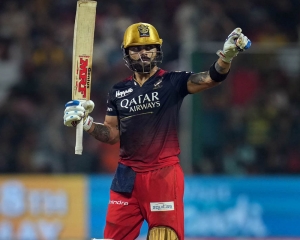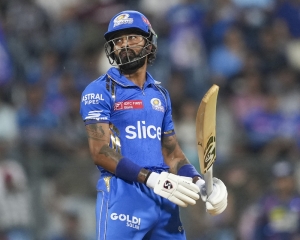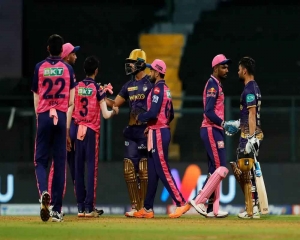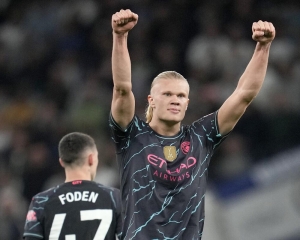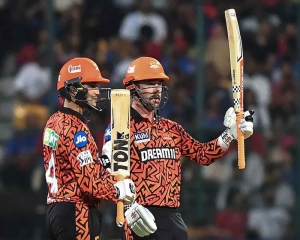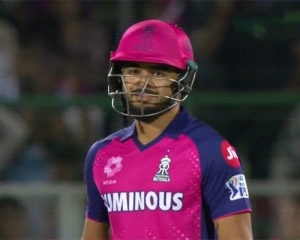While liberty and equality are enforced with constitutional means, fraternity is getting the short shrift
Fraternity, as opposed to liberty and equality, fails to get traction in public discourse or political programmes. Political leaders and Constitution makers laid as much importance to fraternity as to liberty and equality.
Indian unity and solidarity, it was realised, was not to be taken for granted. It had to be strengthened by recognising and accepting India’s immense regional, linguistic, ethnic and religious diversity.
Dr BR Ambedkar held that political democracy cannot last unless there lies at its base social democracy. By social democracy, he meant a way of life which recognises liberty, equality and fraternity as principles of life.
They form a union of trinity in a sense that to divorce one from the other is to defeat the very purpose of democracy. Elaborating on the importance of fraternity, he said, “Fraternity means a sense of common brotherhood of all Indians being one people. It is the principle which gives unity and solidarity to social life.”
The beginning was filled with hope for fraternity. There was a broad social consensus on the values of nationalism, secularism and democracy, as well as on the practice of non-violence across all major political entities, which together contributed to the creation of a temper of democracy in the country. Discussion, debate and persuasion, backed by public opinion, was stressed upon for advancing social and political change as opposed to glorification of mistrust, animosity and violence.
However, soon the tradition of consensus and reconciliation that was expected to guide and steer the spirit of fraternity, was found eroding.
The linguistic, caste and communal riots generated a lot of negative energy and, in the process, depleted much of our social capital. The initial optimism for unity and a sense of nationhood, born out of the rich legacy of the freedom movement, mature political leadership, and Constitutional spirit, started to taper off.
Amid the social and political churning, one serious casualty was the erosion of credibility of the political parties, with its negative multiplier effects pervading our social and economic life. Inter and intra-party instability, intense mudslinging, infighting and factionalism within parties, absence of long-term political programmes have been the common maladies.
Dharnas, bandhs, blockage of roads, rioting, wanton violence, mob lynching, attacks on private and public property are now order of the day. Not only educational and military institutions, even Constitutional bodies are witnessing encroachments of dirty politics. All these developments are grossly vitiating social fabric and public life.
The amplifying power of social media coupled with an absence of its accountability have also provided a fertile ground to create divisions and fissures in society. Misinformation, disinformation, outrage, hate speech, fake news — all are in full play through the medium, pervading toxicity in social relations.
The question is, why an ideal so enshrined in the preamble in our Constitution has got a short shrift or getting marginalised in public discourse and imagination, in contrast to liberty and equality? Why has fraternity failed to gain a privileged expression and attention in political manifestos, programmes and activities?
Some reasons are obvious. The principle of fraternity requires from us a sense of duty and responsibility as opposed to rights, privileges and entitlements. This may appear an onerous task for most of the people.
Further, the idea of reciprocity, solidarity and social bond do not sit well with individual goals in a predominantly materialistic, market-driven modern life. Further, unlike equality and liberty, which seem attainable through political, legal and Constitutional means, fraternity doesn’t seem to have any clear and well-defined institutional frameworks for it to get traction and realised.
Clearly, for making fellow-feeling as a way of life, we have to recognize the major sources, platforms or trigger points of discord and enmity. First, all the political parties must sit together and have a broad consensus on the key issues with a national perspective. Secondly, accountability of social media needs to be fixed urgently. Thirdly, we must focus more on issues and activities which demonstrate commonality and collectivism. Sports, music, space science, yoga, valour of Indian Armed Forces, Indian constitution, national anthem/ song/tricolour, inspirational personalities, etc., could be some arenas surrounding which we can build bridges and deepen cohesion.
Fourthly, the Government and the ruling party as key stakeholders in the project must do virtue signaling through right actions and legal frameworks to promote our diversity and plurality. Lastly, a sense of fraternity must be internalised and displayed by us all, in private and public life alike, and also at all times, good or bad.
The challenges in the path of fraternity projects are many. But we must overcome them, as it is on the pillar of fraternal relations that a well-functioning and healthy democracy rests.
(The author is a former bank executive.)













